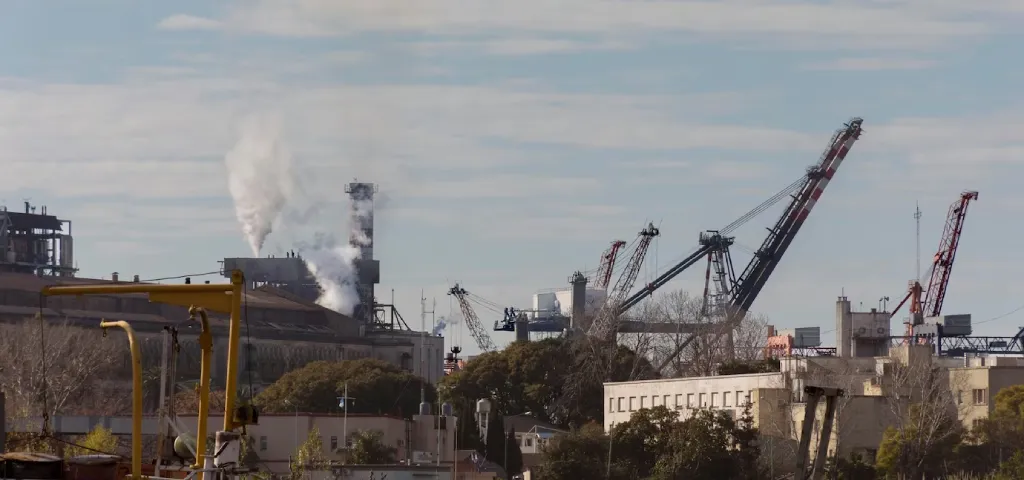In an era defined by increasing environmental awareness and a growing demand for corporate responsibility, ethical governance has emerged as a critical imperative for leaders in the oil and gas industry. Long criticized for its environmental impact and contribution to climate change, the sector now faces unprecedented pressure to adopt ethical practices that align with sustainable development goals. In this blog post, we explore the importance of ethical governance in the oil and gas industry, examining how leaders can integrate ethical considerations into their decision-making processes and why doing so is crucial for the industry’s long-term viability.
The Ethical Imperative:
Environmental Responsibility:
Transparency and Accountability:
Ethical governance in the oil and gas industry also requires transparency and accountability. Leaders must be open about their operations, including potential risks and environmental impacts. This transparency builds trust with stakeholders, including investors, regulators, and the communities affected by the industry. Moreover, leaders should hold themselves accountable for their actions by implementing robust monitoring and reporting mechanisms. Ethical governance demands a commitment to continuous improvement, acknowledging mistakes, and learning from them to drive positive change.
Social Impact and Human Rights:
Beyond environmental concerns, ethical governance encompasses the social impact of the oil and gas industry. Leaders must recognize the potential for human rights abuses in their operations, particularly in regions with less stringent regulations. This includes respecting the rights of indigenous communities, protecting workers’ rights, and ensuring fair compensation for those affected by industry activities. By prioritizing social responsibility, leaders contribute to the development and well-being of the communities in which they operate, fostering a positive relationship between the industry and society.
Long-Term Viability and Innovation:
Ethical governance is not just about meeting current standards but anticipating and adapting to future challenges. Leaders in the oil and gas industry must embrace innovation and invest in research and development to explore alternative, sustainable energy sources. By doing so, they position their companies as pioneers in the transition to a low-carbon economy, ensuring long-term viability and relevance in a rapidly changing world. Ethical leaders recognize the importance of evolving with societal expectations and staying ahead of regulatory developments.






